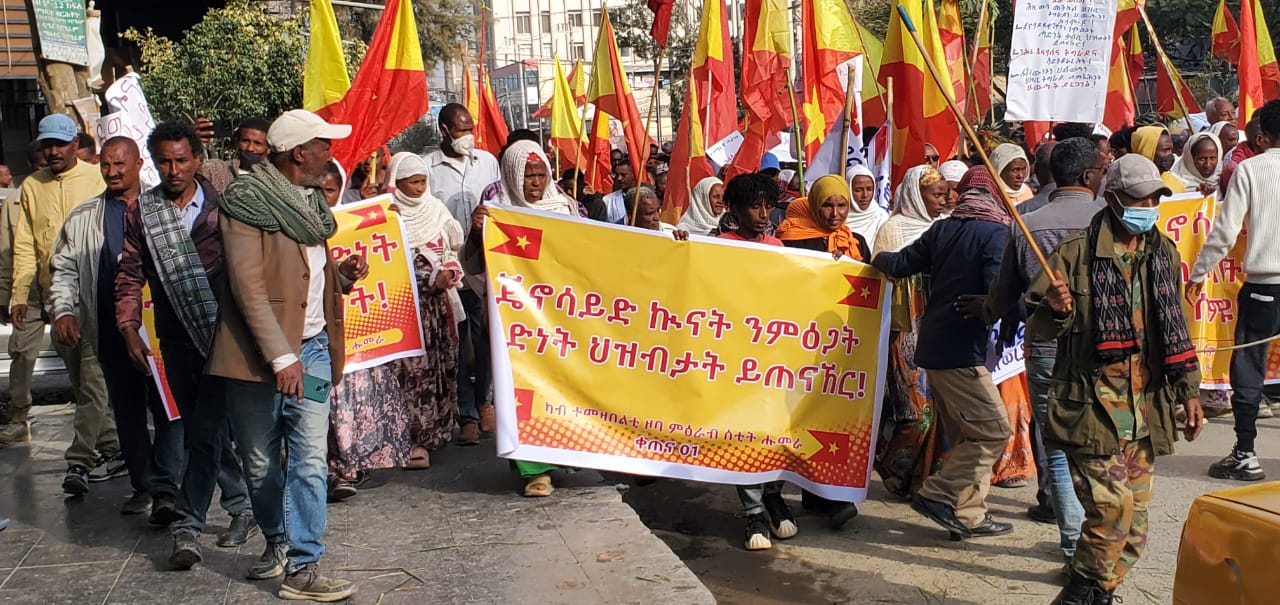By Dr Yonas Workineh
Ethiopia has confirmed its first-ever outbreak of Marburg virus disease, with nine cases reported in the southern Omo region’s Jinka town, government and international health agencies say.
According to the Centres for Disease Control and Prevention (CDC), genetic testing at the laboratory verified the presence of the Marburg virus, and response teams have been mobilized across the region.
Dr. Mekdes Daba (Minister of Health of Ethiopia) announced that three deaths have been confirmed, while three additional fatalities displaying Marburg-like symptoms are still under investigation.
The discrepancy in reported fatalities has raised concern as epidemiological teams conduct further investigations into the outbreak’s scope.
This marks a historic public health event for Ethiopia. In partnership with WHO, national authorities have launched an emergency response, including contact tracing, community screening, isolation of suspected cases, and public education campaigns.
The WHO has also deployed a technical team, delivered financial support, personal protective equipment and essential medical supplies, and is supporting field operations.
Marburg virus belongs to the same filovirus family as Ebola and is known for its high fatality rate. While previous outbreaks have recorded mortality rates that vary widely, Africa CDC notes that the strain detected in Jinka is similar to those seen in East Africa before. Marburg has, in past cases, led to up to 88% of patients dying under certain conditions.
Typical symptoms begin suddenly with high fever, severe headache, muscle pain, and fatigue. Over the course of a few days, patients may develop vomiting, diarrhea, abdominal pain, and nausea.
In more severe cases, hemorrhaging can occur from the gums, nose or gastrointestinal tract, and patients may progress to organ failure and shock.
Without any approved vaccine or antiviral treatment, care is limited to supportive therapy, including aggressive rehydration and symptom management.
The origin of the outbreak is believed to be zoonotic spillover from fruit bats, a known natural host of the virus.
Adding to the controversy, the medical director of Jinka Hospital was reportedly dismissed after speaking to Deutsche Welle (DW), where he claimed that patients were dying due to the outbreak.
This move has sparked debate among local health workers and residents over transparency and the handling of sensitive health information during a public emergency.
According to Meseret Media, similar severe illnesses occurred earlier in Hawassa, Addis Ababa and parts of Oromia — but these reports are unverified, and no official or international body has confirmed them.
Despite the risks, health officials are cautiously optimistic. The rapid confirmation of the outbreak, combined with swift international support, gives a stronger chance of containing the virus before it spreads more widely.
Over the next few weeks, close monitoring, expanded testing and community engagement will be critical in determining whether the outbreak remains confined to Jinka or extends beyond its current cluster.



